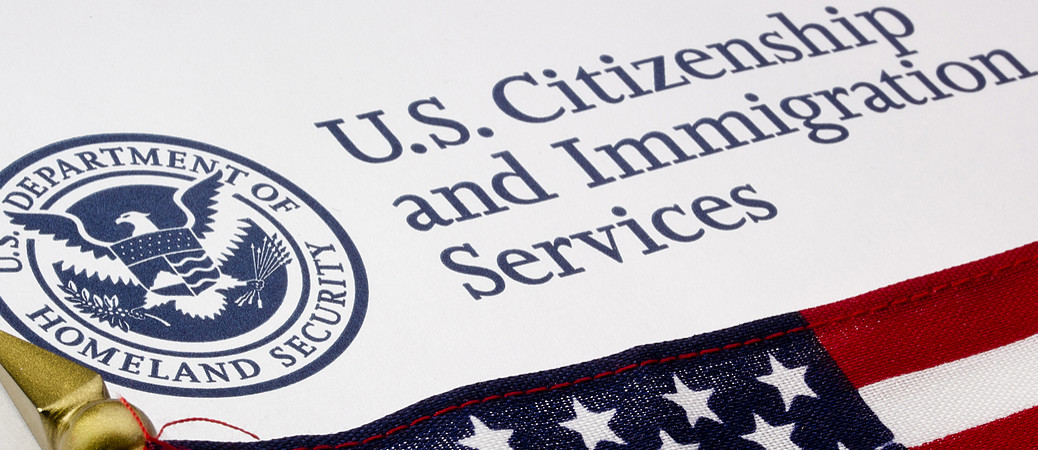…And What It Means to the Foreign National
Immigration law and criminal law commonly intersect, as many non-citizens may be arrested and accused of criminal offenses. As a foreign national, the criminal justice system in New Jersey may be confusing and overwhelming. You may be placed in a jail cell and may not have any idea what will happen next, what your rights may be, or how your arrest will affect your immigration status. You may be especially intimidated by the process if there is a language barrier. Any foreign national who has been arrested should immediately call an experienced crimmigration attorney who can handle both the criminal and the immigration sides of your case.
New Bail Reform in NJ
In order to understand the changes to the criminal system that will take place in NJ on January 1, 2017, you must understand what happens once you are arrested. Within 48 hours of your arrest, the court will issue a pretrial decision, which is generally one of the following:
- You should be released with no charges or summons;
- You should be released with a summons to return to court on a particular date to face your charges;
- You should be held and can only be released if you pay the bail set in your case.
Bail can range from a few hundred dollars to a million dollars or more, depending on the alleged offense. However, many people who are arrested for relatively minor offenses cannot even afford to pay a small amount of bail and then they must sit in jail waiting for their case to be resolved.
The new bail reform in New Jersey will require anyone who is not released on a summons to have their case reviewed by a court that will set bail based on the following factors:
- Whether release presents a threat to the community
- The likelihood of the defendant coming to court
Bail will not be an automatic and arbitrary decision and instead, defense attorneys will have the opportunity to argue for a quick pretrial release instead of bail. This should significantly reduce the number of financially struggling defendants – both citizens and non-citizens – that will have to wait in jail for extended periods of time during their cases.
Call 201-703-9400 today for more information.
If you need any assistance with a criminal or immigration matter, please contact the office of Ronald P. Mondello, Esq. Attorney at Law for assistance today.




